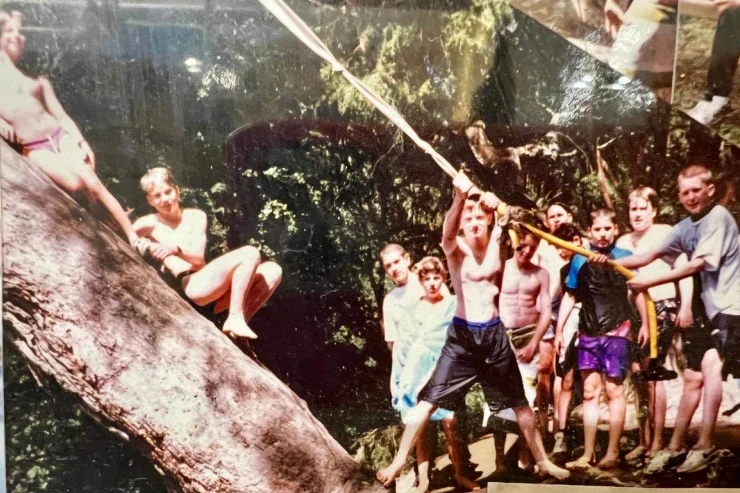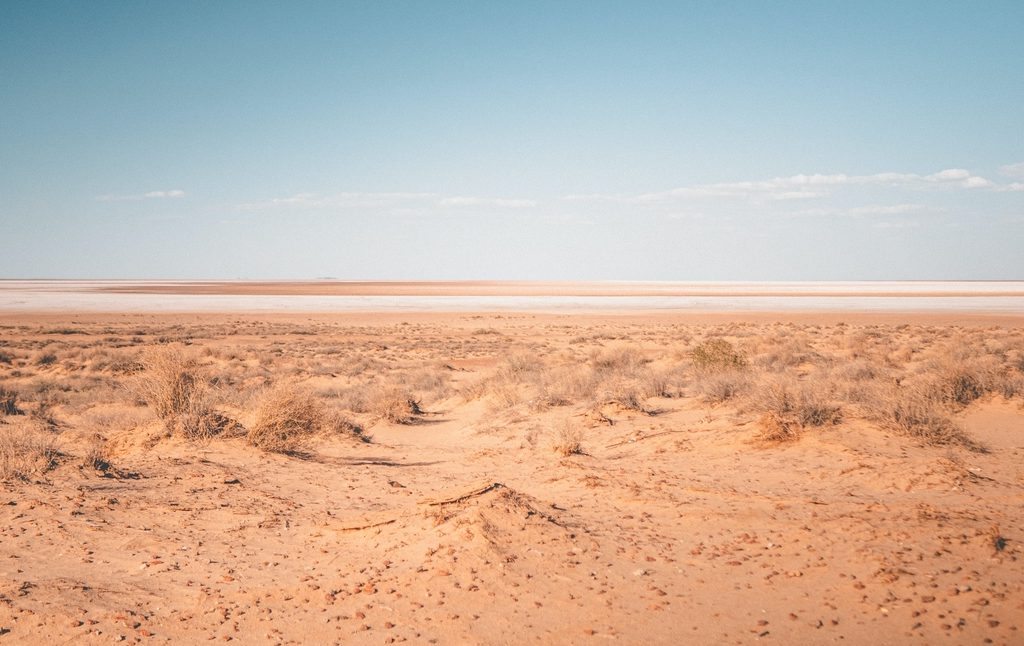DEC 15th, 2010
On why we’re doomed on climate change:
(From ABC Unleashed)
Here we go again. A year after the acrimonious climate meeting in Copenhagen, the world’s nations have come together again in Cancun to try to make inroads into the thorniest political problem of the century.
Climate change is the greatest challenge of our time. But unlike the ozone hole, unlike acid rain, this is one environmental catastrophe we are not going to be able to stop. Against the thin wedge of scientists and activists and a few sympathetic governments are vast vested interests: entrenched fossil fuel companies, with their trillions of dollars in vested infrastructure, the manufacturing wealth of nations dependent on cheap fossil fuel, China’s coal-fuelled rise, America’s defensiveness, Russia’s ability to benefit from climate change with vast new agricultural regions and the prospect of mineral exploration in the Arctic. Not to mention the world’s petro-states, who might well support action on climate change – once their oil runs out. Advocates of making the shift to renewables, nuclear and electric cars have the truth on their side. But that’s not going to be enough.
——-
1ST DEC 2010
On why Facebook is the future of the net:
(From the ABC)
Remember MySpace? It was only three years ago that Murdoch’s social networking site reigned supreme, ruling the emerging social media sphere.
Now, of course, Facebook rules. More than 500 million people have Facebook accounts, about 7 per cent of the world’s population. A quarter of the internet’s page views now stay within its confines, and a quarter of its display ads are shown to Facebook users. Unlike MySpace’s flare and fade, Facebook looks to be a more tenacious beast. And that’s a great thing.
For all the criticism of Facebook – privacy issues, the insistence on using real names , the creation of a vast time-suck – the site is here to stay. It potentially solves one of the major problems dogging the modern internet – the flourishing spirit of ‘trolling’, internet users who like nothing more than enraging, irritating or just plain offending real commentators the world over. When the internet first entered the mainstream in the late 1990s, techheads and cyber utopians fell over themselves to proclaim a glorious new future for human dialogue. Unfettered by editors and gatekeepers, speech could at last be truly free. The reality, as we know, looks more like a teenager’s sledging match than any meaningful dialogue.


